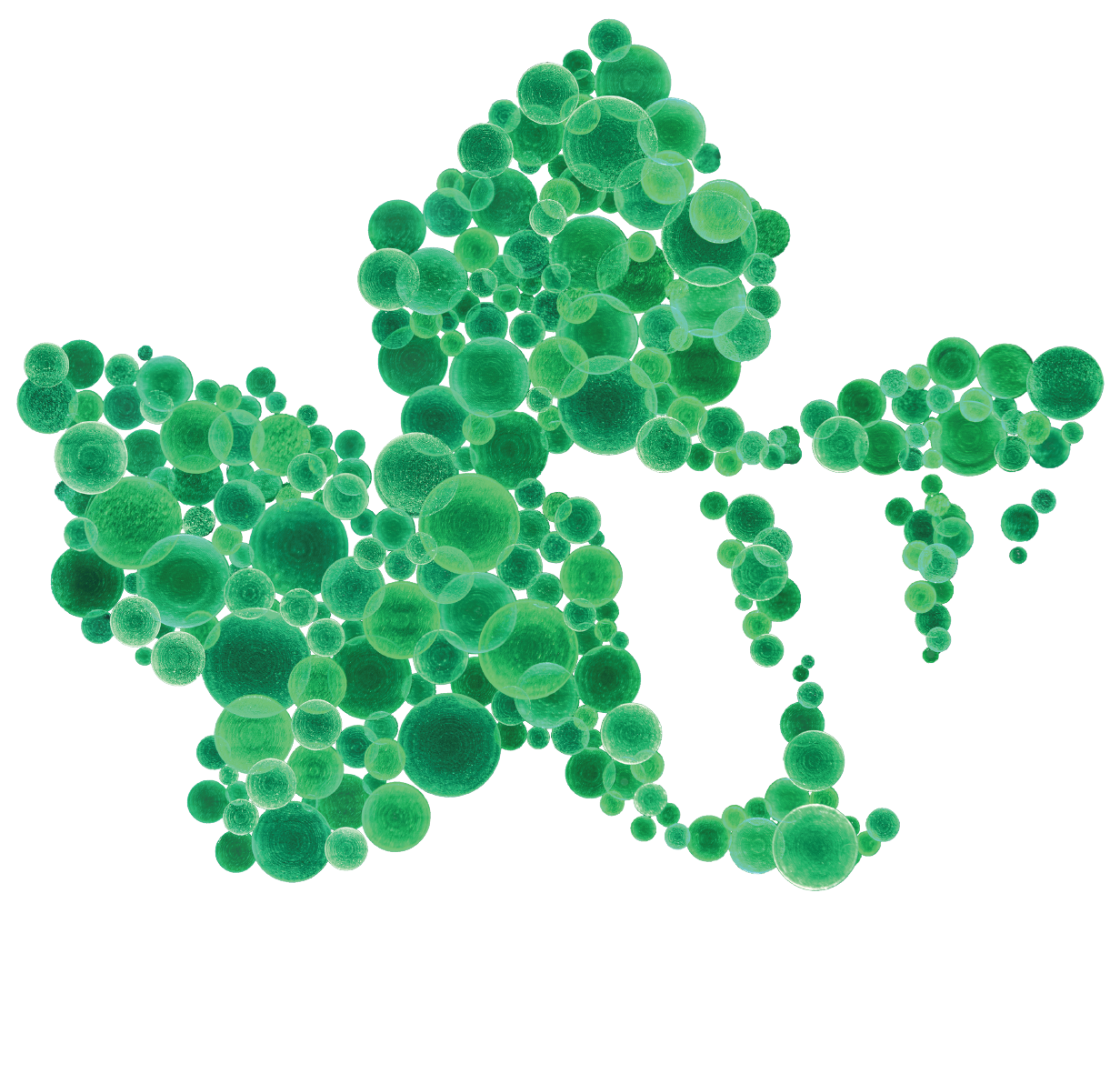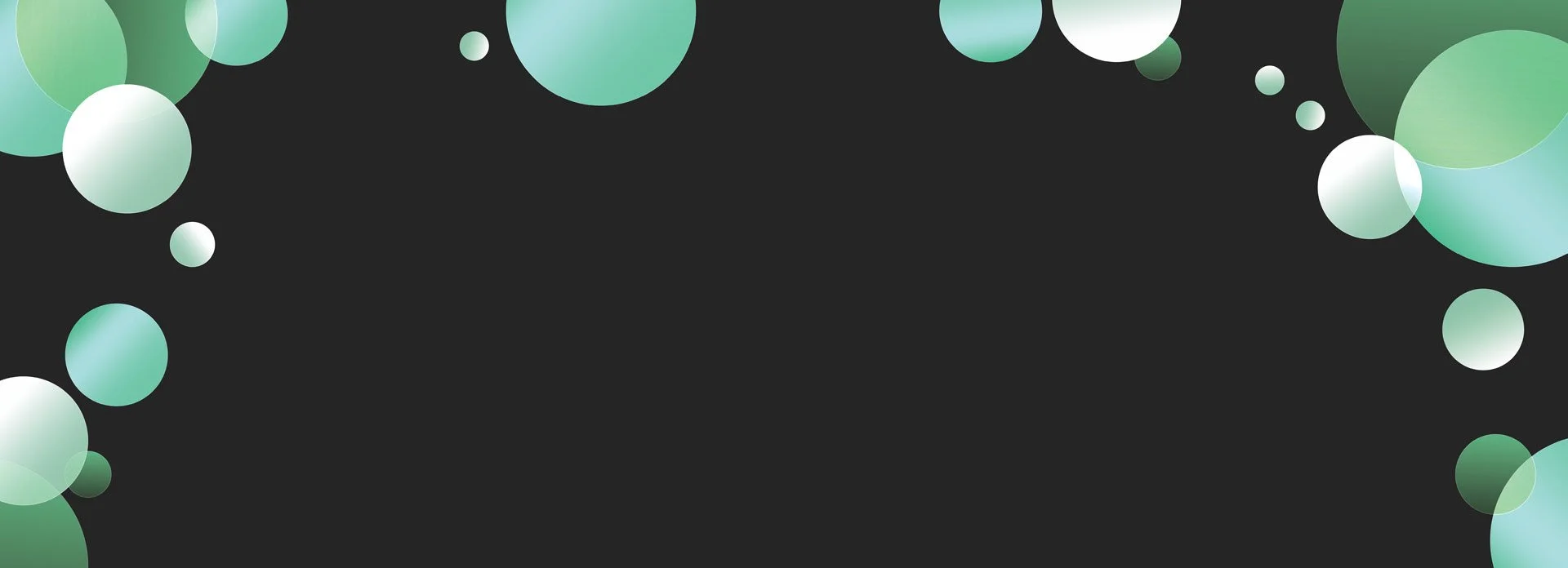Index
What is Wege Prize?
Wege Prize, organized by the Wege Center for Sustainable Design at Ferris State University’s Kendall College of Art and Design with support from the Wege Foundation, is an annual competition that ignites game-changing, circular solutions for the future by inspiring college/university students around the world to collaborate across institutional, disciplinary, and cultural boundaries to redesign the way economies work.
Participants contend for $65,000 (USD) in total cash prizes, all while helping to show the world what the future of problem solving looks like.
Who can participate?
PLEASE NOTE:
Wege Prize is a TEAM competition. Individual participation is not allowed.
Team Requirements
To be eligible to participate in Wege Prize, teams must:
Have exactly five (5) members (no more, no less)
Represent at least three (3) different academic disciplines (in terms of each participant’s current program of study–previously completed degree programs are not considered)
Represent at least two (2) different institutions of higher education* (colleges, universities, or separate colleges/schools within a larger university)
*For instance, a team member from Example University’s School of Engineering and a team member from Example University’s School of Earth Sciences would be considered as representing two different institutions
Individual Requirements
To be eligible to join a Wege Prize team, individuals must:
Be currently enrolled in a undergraduate, graduate, or post-graduate degree program program at a college, university, or equivalent institution of higher education anywhere in the world. (Teams can be composed of a mix of undergraduate, graduate, and post-graduate students if they so choose.)
Be enrolled as a full-time (or equivalent) student for the duration of the competition. (If you are graduating before May of 2026, you must be enrolled as a student through at least December 15, 2025.
Have questions about individual or team eligibility?
Email us at wicked@wegeprize.org.
How can I connect with other students and build a team?
Whether you're an individual looking to link up with others or a partial team looking for a few additional members, the Wege Prize LinkedIn Group is a great way to make connections and build a strong team! Request to join the group, and once approved, you can post in the discussion section to start connecting with potential teammates!
Can I apply if my team already has an established business?
If part or all of your team are part of an established business entity, you may apply to enter Wege Prize as a business entity provided your business entity has a valid U.S. tax identification number (or Employer Identification Number: EIN). However, you and your team members still must meet all of the individual and team participation requirements.
If you apply as a business entity:
Any cash prizes you win will be paid as a lump sum to the business entity. Additional documentation will be required in order to make an award payment to the business. Tax liability varies by business type.
If all team members are not part of the business entity but still want their portion of the award to go to said business entity, you may still choose this option. However, all team members must provide written consent before any payment can be made to the business.
If you apply as a non-business entity:
Any cash prizes you win will be split equally between all five members of your team and paid on an individual basis.
How can I apply to participate?
Participants must apply as a team of five, and must meet the aforementioned team participation requirements.
What is the challenge?
Over the course of nine months, Wege Prize teams will compete to advance through up to four distinct phases of competition, growing their ideas from a preliminary proposal into a robust and feasible solution informed by research, market analysis, and real-world prototyping and testing.
Each step of the way, they will be guided by direct feedback from a panel of expert judges who will help them strengthen their ideas, push the limits of possibility, and support bringing their plans into fruition.
Broadly speaking, the challenge of Wege Prize is to:
Build a strong and diverse team
Teams with the greatest disciplinary and institutional diversity will likely have a higher probability of success.
Identify a “wicked” problem to address
A “wicked” problem is highly complex problem that involves multiple stakeholder groups and is especially resistant to resolution. Efforts to solve one aspect of the problem often reveal or create other obstacles that must be addressed as well.Develop a compelling circular solution
Whether they take the form of a product, service, business, or something else, solutions should be driven by the three core principles of the circular economy.
The circular economy: three core principles
1 - Eliminate waste and pollution
Consider waste and pollution as design flaws to be addressed rather than inevitable by-products of the things we make.
2 - Circulate products and materials
Design products to be reused, repaired, and re-manufactured, and we need to keep materials in circulation and out of the landfill.
3 - Regenerate our natural systems
Create closed loop systems that actively
enhance water and nutrient cycling and help
the entire ecosystem renew and recover.
Wege Prize is looking for solutions that are:
Circular – capable of functioning within a circular economy and helping power a shift towards renewables
Innovative – providing unique value and exploring untapped potential
Viable – with potential for marketability, profitability, and financial sustainability
Scaleable – effectively contributing to expanding the global circular economy
Systemic – accounting for the way in which parts of a system both influence each other and work as a whole
Responsive – if behavioral change is needed for your solution to work, how will you help drive it?
Human-Centered – demonstrating research-driven consideration of users and any affected stakeholders in all aspects of the solution
How will my team's work be judged?
Teams will be judged on the following criteria throughout Wege Prize:
Depth of Research
To what depth have you identified, studied and analyzed the problem?
Have you researched existing solutions?
Have you consulted stakeholders and experts to refine your solution?
Have you considered how your solution fits into or transforms existing systems?
Collaboration
Have you built a strong and balanced transdisciplinary team?
Beyond dividing up different tasks, have you worked across disciplinary boundaries and brought your different perspectives together?
Have you effectively engaged stakeholders, mentors and/or subject matter experts in your design process?
Innovation and Implementation
Does the solution help accelerate a circular economy?
Is your solution technologically, economically, and financially feasible?
Is your solution intentionally sensitive to the social and/or cultural context in which it operates?
Is there a proven need and sufficient motivation for people to use your solution?
Have you effectively considered what system conditions need to exist to make your solution possible?
Have you prototyped your solution?
Presentation
Is your presentation organized and visually appealing?
Does it deliver a clear message with a compelling and concise narrative?
Can you provide immediate and thoughtful answers to the judges’ questions?
What is a circular economy?
A circular economy is one that is restorative by design, and which aims to keep products, components, and materials at their highest utility and value at all times. A circular economy provides a tightly looped, restorative economic cycle where resources can be re-adapted for use without limiting the desirability of products or the flow of revenue.
Imagine if we could design objects so that every material or component in them could be put to productive use at the end of that object’s useful life. By reusing materials at high quality instead of extracting new ones, we can save money and energy while having a positive impact on the natural environment.
Now imagine if we designed businesses or services that mimicked how living systems operated, so that they add value to the whole system. Living systems are generous; they give back more than they take out, operating on the basis of abundance.
Finally, imagine if the whole economic system was designed to facilitate these ideas; and imagine if it was all powered by clean, renewable energy. This is the essence of a circular economy.
What is a wicked problem?
The term "wicked problem" denotes a broad issue—such as poverty, hunger, or environmental degradation—that is considerably resistant to resolution. Efforts to grapple with one aspect of a wicked problem often reveal or create other obstacles that must be considered and overcome.
What can my team win?
Wege Prize teams will contend for $65,000 (USD)* in total cash prizes, awarded by our panel of judges.
Prize Amounts
1st Place
$30,000 (USD)*
2nd Place
$20,000 (USD)*
3rd Place
$10,000 (USD)*
Finalist Award (x2)
$2,500 (USD)*
*Amount before applicable taxes. Tax situations vary by location, individual, and business tax status.
How much time does my team have and what is the time commitment?
This will vary depending on how far your team moves through the competition. Following each of the competition’s four separate phases, the judges will advance a select number of teams on to the next phase. Ultimately, only five teams will advance to the fourth and final phase of the competition.
View the 2026 timeline and read the 2026 Design Brief for more details on what is required for submission during each phase.
Is the final presentation in person?
Yes! We host a live finals event in May of each year. For those five finalist teams who are selected for Phase 4, each team will designate one team member to give the final presentation live in Grand Rapids, Michigan during the competition’s final event, the Wege Prize Awards.
The 2026 Wege Prize Awards will be held on Friday, May 15, 2026.
Travel expense reimbursement (for finalist team members traveling to Grand Rapids)
Travel expenses will be reimbursed up to $3,000 per team, and hotel accommodations will be provided for the presenter and at least one other team member. It is not required that all five team members attend the live event, although they are certainly welcome!

